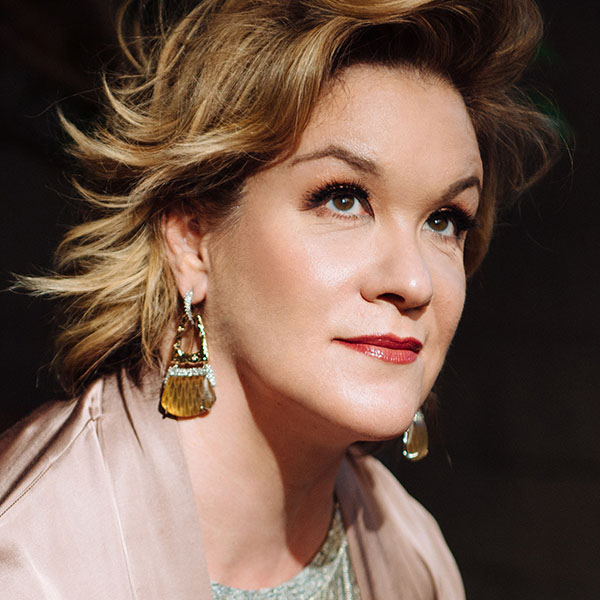
FOUR days of wall-to-wall song got into full swing in front of live, if socially distanced, audiences. It was only two months later than the usual time for this festival, a minor miracle amongst the pandemic’s disruption.
Apart from the plethora of marvellous masterclasses and talks, the lunchtime and evening recitals were the backbone of the festivities and will form the basis of my reactions here.
The history of German poetry would not likely have been any different without the name of Mathilde Wesendonck. She can thank Wagner that we know about her at all.
Her husband Otto was a wealthy silk merchant who supported Wagner financially. He built a small house adjoining his grandiose villa above Lake Zurich, which he invited Wagner and his wife Minna to occupy. Mathilde became Wagner’s muse and probably much more, eventually causing the Wagners to separate.
While working on Tristan And Isolde, Wagner set five of Mathilde’s poems for female voice and piano, and they became much the best-known of his Lieder. In this programme, entitled The View From the Villa and built around those songs, they were touchingly sung by mezzo-soprano Susan Bickley.
Bass-baritone Matthew Brook sang and played a tolerant Otto, with a mini-clad Victoria Newlyn playing a flighty Minna (who was a successful actress in her own right). Iain Burnside, who had devised the programme, provided the sensitive accompaniments and linking music, all from Wagner. The songs were delivered in new translations by Jeremy Sams.
It was an entertaining insight into an unusual ménage, even if not all the spoken English repartee emerged with complete clarity. It was fascinating to hear the famous Prelude to Act 3 of Tristan in its original setting, along with three other Wagner lieder. Wagner was present through his music alone.
The evening brought a recital by mezzo-soprano Alice Coote, whose star is now fully in the ascendant, accompanied by Christian Blackshaw. Her programme, entitled A Spiritual Solstice, dealt with love, yearning and loneliness, and was centred round Mahler’s five settings of Friedrich Rückert, which date from 1900-02.
Coote felt them deeply and sustained a near-miraculously quiet intensity throughout, from the opening delicately perfumed love-song to the loneliness of Um Mitternacht (At Midnight) and Ich Bin Der Welt (I Am Lost To The World). She clearly felt them with every fibre of her being and sustained a wonderful control of the quietest tones imaginable. She held her audience rapt.
These were the emeralds of the evening. Pearls surrounding them came mainly from songs by Schumann, Strauss and Tchaikovsky. Three songs from Myrthen, the collection he presented to his bride Clara in 1840, were perfectly balanced by another three from Richard Strauss’s Op 27, which he gave to his new wife Pauline in 1894.
The first examples of her curiously intimate mouth-tone came in Schumann’s Meine Rose – a setting by a lovelorn Nikolaus Lenau, and in the self-delusion of Schumann’s Allerseelen (All Souls’ Day).
Coote was capable of reaching romantic heights too, as in the impassioned restraint of Tchaikovsky’s None But The Lonely Heart. Serenity reappeared in Strauss’s Ruhe, Meine Seele and in a beautifully hushed Morgen!
Somewhere in this carefully devised programme there was room for a touch more variety, even perhaps something a little boisterous. But her supreme artistry was undeniable. Blackshaw was neatly restrained when supporting the voice, but was inclined to over-egg the piano when on his own, sometimes disrupting a song’s equilibrium. It was an error on the right side.
Review by Martin Dreyer
